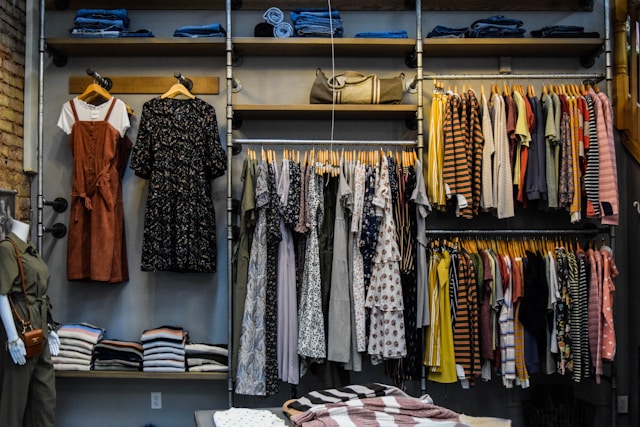Introduction: The Rise of Sustainable Fashion
As environmental concerns continue to mount, the fashion industry is undergoing a paradigm shift towards sustainability. Sustainable fashion is not just a trend; it’s a movement that prioritizes ethical and environmentally friendly practices throughout the entire supply chain.
1. Understanding Sustainable Fashion Principles
Sustainable fashion encompasses a range of principles aimed at reducing the environmental and social impacts of clothing production. Key principles include:
- Material Selection: Choosing natural, organic, or recycled materials that minimize environmental harm.
- Ethical Labor Practices: Ensuring fair wages, safe working conditions, and labor rights for garment workers.
- Resource Efficiency: Minimizing waste, water usage, and energy consumption in production processes.
2. Making Eco-Friendly Clothing Choices
Consumers play a crucial role in driving demand for sustainable fashion by making conscious clothing choices. Here’s how to make eco-friendly decisions:
- Research: Look for clothing brands that prioritize sustainability and transparency in their practices.
- Quality Over Quantity: Invest in well-made, timeless pieces that are durable and can be worn for years to come.
- Secondhand and Vintage: Explore thrift stores, consignment shops, and online resale platforms for unique, pre-loved finds.
3. Supporting Ethical Fashion Brands
Ethical fashion brands are leading the charge towards a more sustainable and socially responsible industry. Consider supporting brands that:
- Use Sustainable Materials: Opt for organic cotton, hemp, Tencel, or recycled fabrics in their clothing lines.
- Embrace Transparency: Provide information about their supply chain, production processes, and ethical certifications.
- Support Social Causes: Partner with organizations that promote fair labor practices, environmental conservation, and social justice.
4. Sustainable Fashion Tips for Consumers
Transitioning to a sustainable wardrobe may seem daunting, but small changes can make a big difference. Here are some tips for incorporating sustainability into your style:
- Capsule Wardrobe: Curate a minimalist wardrobe with versatile, mix-and-match pieces that reduce the need for excess clothing.
- DIY and Upcycling: Get creative with DIY projects and upcycling old clothing to give them new life and minimize waste.
- Clothing Care: Extend the lifespan of your garments by washing them less frequently, using eco-friendly detergents, and air-drying when possible.
Conclusion: Embracing a Greener Approach to Style
In conclusion, sustainable fashion offers a pathway towards a more ethical, environmentally friendly approach to style. By understanding the principles of sustainable fashion, making eco-friendly clothing choices, and supporting ethical fashion brands, consumers can play a vital role in driving positive change within the fashion industry. Together, we can embrace a greener approach to style that benefits both people and the planet.


